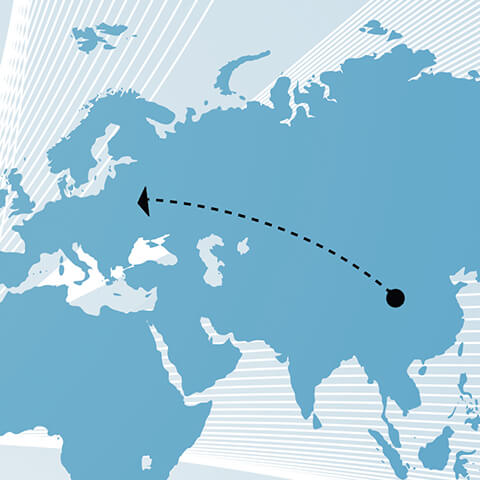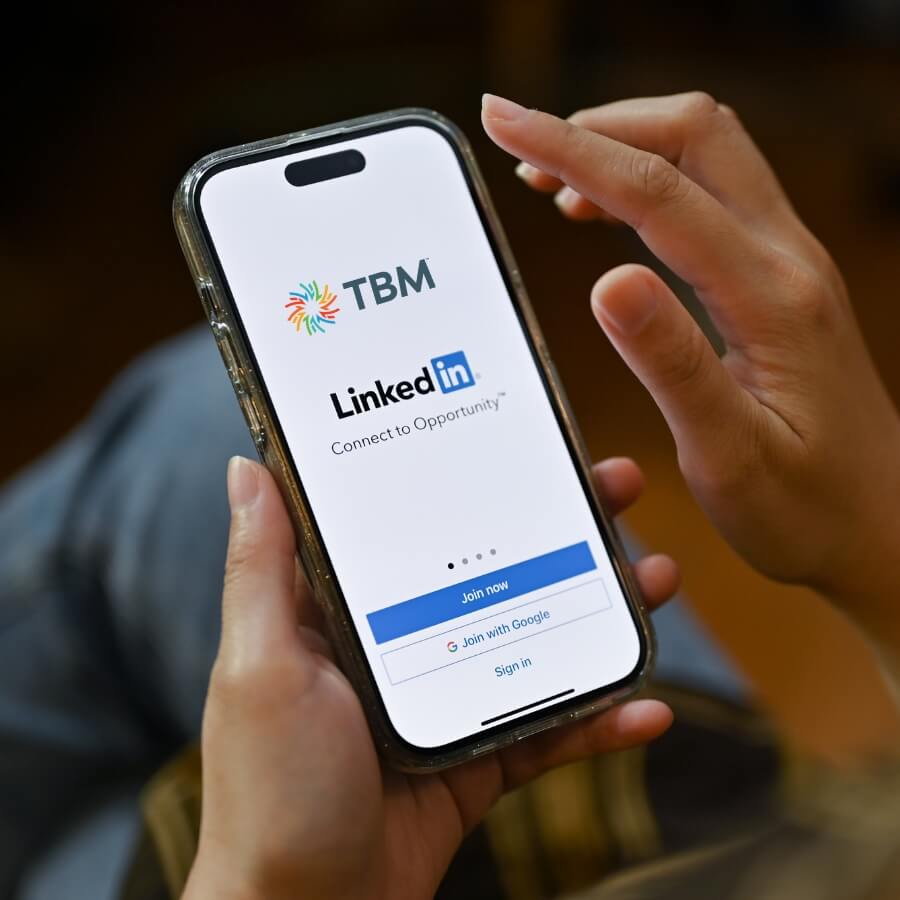Like rows of idled aircraft, international business travel will be parked at the airport for the foreseeable future. Short-term trips to find, vet and qualify global suppliers are no longer practical, or possible for many destinations.
On top of health concerns and flight restrictions, no one has any desire to spend the often-mandated two weeks in quarantine at each end of an international trip. How, then, can companies manage global supply chains, sourcing, new relationships, supplier qualification and contracts in this global pandemic?
Take PPE for Example
Thankfully, the early shortages of personal protective equipment have eased somewhat. But global demand for gloves, masks, face shields, gowns and other equipment remains high.
In the United States and many other countries, domestic manufacturers have maxed out production capabilities, and distributors are permanently out of stock. Company efforts to reopen for business with social distancing precautions – and reassure customers that they are safe – have pushed sourcing teams from every sector and corner of the world to compete with one another to find new suppliers, many of which are located in China.
All of this head-to-head competition has changed the rules of the game, especially for government-run organisations as many hospitals are. These buyers can no longer put contracts out for bid, subject potential suppliers to a grueling qualification process, and then take 90 days to pay invoices. They’re now being told, “Here’s the price. Take it or leave it. And, oh yeah, you have to pay up front.”
Procurement teams need reassurance that any new PPE suppliers can fulfill orders, that they have the necessary production capabilities, and that promised inventory is ready to ship. Some vetting of unknown suppliers can be done through network contacts and referrals. Video calls can provide some reassurance that you’re dealing with a real company, and even give buyers a chance to see facilities and the product.
In recent months we’ve been using online video tools more frequently to work with clients in our consulting practice. These virtual interactions can be very effective, but they can also fall short in terms of getting a real feel for the people and the situation.
There comes a point, depending on urgency and risk comfort, when you need people on the ground who you can trust to look things over. You need people with manufacturing and supply chain experience who can perform site visits, ask informed questions, and communicate clearly with buyers. People who know what they are looking at in terms of quality manufacturing capabilities and output. You need people who can travel to a potential supplier site quickly, check on orders, resolve any local issues that arise and help with logistics arrangements if necessary.
Introducing an intermediary presents its own challenges of course. They need to be trustworthy and have experience working with local manufacturers and Western companies. This means understanding local manufacturing and distribution practices, as well as regulatory, licensing and customs requirements. In China specifically, look for U.S or European firms that have had offices in different regions of the country for a number of years. They will have the necessary language skills, local market knowledge and – this is especially important for urgently needed goods like PPE – willingness to respond with a sense of urgency.
Global Trade Is Here to Stay
PPE is just one of many global supply chains forced to adapt to new travel challenges. As our understanding of COVID-19 and the appropriate countermeasures evolve, governments will lift some of today’s restrictions and quarantine requirements on visitors. Then, when infection rates accelerate, they may reinstate them, creating further uncertainty and disrupting business yet again.
Despite the pandemic and the ongoing trade tensions between the United States and China, and resultant logistics challenges, we don’t believe that global supply chains will be retracting much anytime soon. Companies will diversify their supply bases, but the long-distance management challenges will remain.
Global supply chains have evolved over the past several decades to meet complex local market requirements in addition to providing some cost advantages. Companies are now discovering the overlooked risks in these arrangements, driving the need for new partnerships that can mitigate these risks and ensure that they get what they need to get on with business.
TBM has experienced global representatives on the ground in China and other Asian markets who have decades of both manufacturing knowledge and work experience with Western companies.





